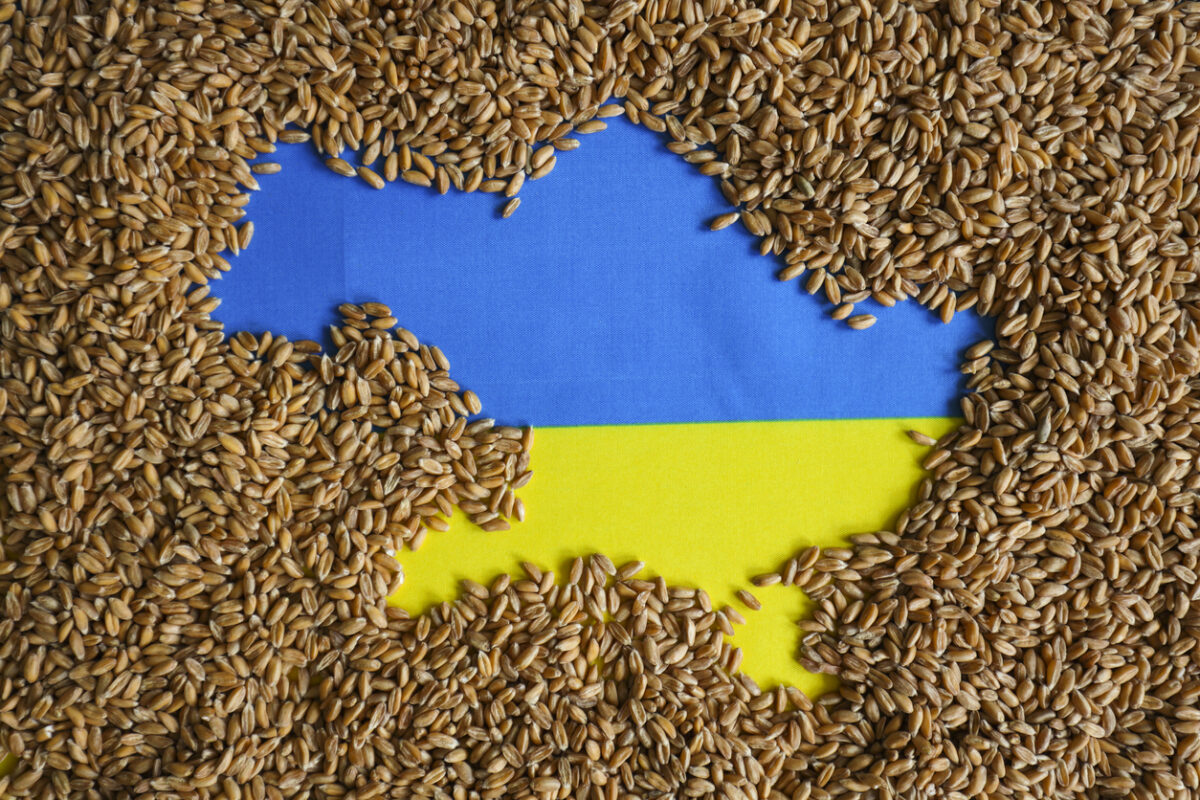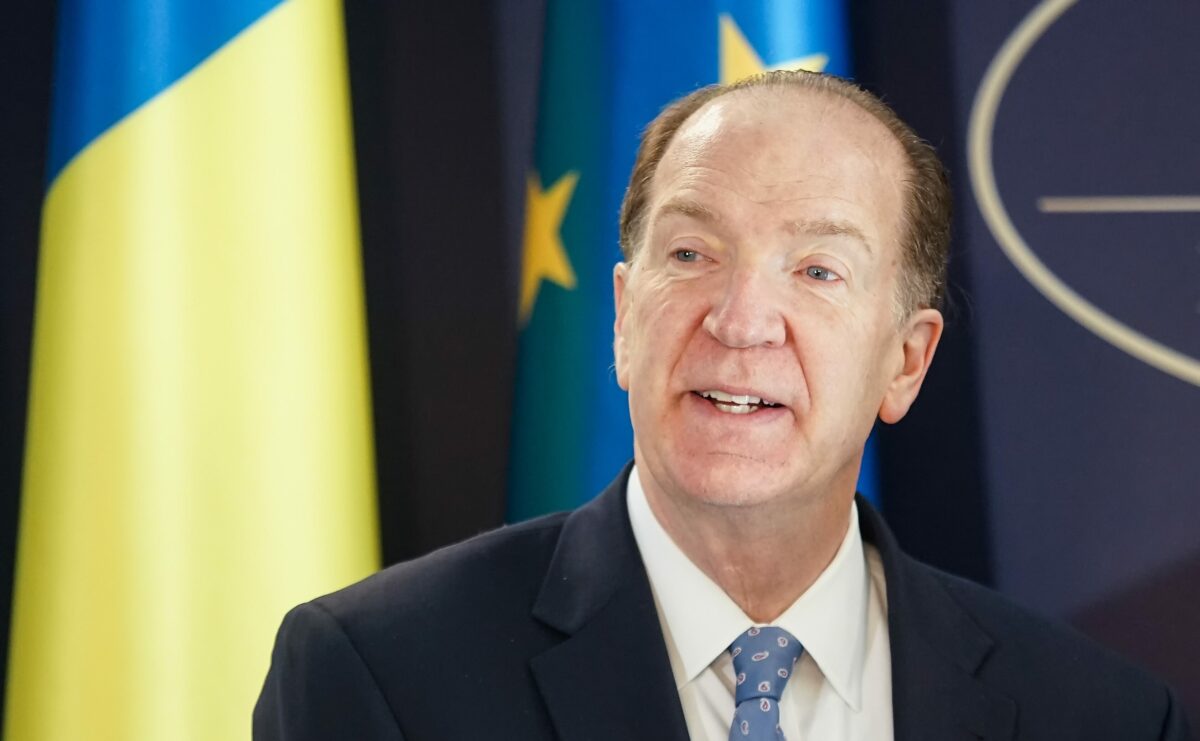Finland tops Global Food Security Index, but overall food access is diminishing

Finnish people have the highest level of food security in the world, but worldwide reliable access to food is deteriorating overall, according to the Global Food Security Index 2022.
Finland surpassed second place country Ireland by two clear percentage points this year, and had top 10 scores for all four metrics assessed by the index.
Economist Impact’s Global Food Security Index, supported by Corteva Agriscience, takes into account food affordability, availability, quality and safety and sustainability and adaptation. In total, 113 countries have been ranked in this year’s edition.
While the world was experiencing an average improvement in food security around a decade ago, the general trend in 2022 is that the global food environment is weakening, according to the report.
Worldwide issues like the war between Ukraine and Russia, volatile climate conditions, and the lingering effects of the COVID-19 pandemic have impacted global food security – leaving it vulnerable to further shocks in the near future, the authors say.
The issue of food insecurity is worst for low-income and conflict-impacted countries, with Syria ranked the lowest overall, followed by Haiti and Yemen. Data gathered by the report suggests one in 10 Syrian children are underweight, and nearly three in 10 have experienced stunted growth.
Economist Impact data analysts found that Syria’s availability of food – a metric which measures agricultural production, on-farm capabilities and national capacity to disseminate food – was the lowest in the world, with a score of 26.6.
This is three times worse than Japan, the country with the highest food availability in the world. The report says this is indicative of a widening gap between the top and bottom of the index more generally.
Affordability has also trended down across the board, authors found. Overall food affordability has fallen by 4%, and authors say the aforementioned effects of war and the pandemic are to blame, alongside “weakening trade freedom and an inability to fund safety nets”.
The UK ranks 10th in terms of food affordability, and 9th overall when considering all metrics. The report explains: “It has policies in place that create a strong food security environment, with a particularly strong performance in consumer-focused areas such as providing affordable, high-quality and safe food.
“However, making this food accessible to the population remains an area for improvement through betterment of farm infrastructure and tackling volatility associated with production. The country also needs to protect its natural resources, as well as manage eutrophication in its oceans, rivers and lakes.”
While the UK retains a relatively secure standing, certain composite indicators are far below standard. For example, the country ranks 112th (out of 113 countries) for micronutrient availability. According to the report, this is mainly down to a lack of vitamin A within average diets.
If countries are to improve their food security, the Global Food Security report says innovation is critical. “Systemic innovations in particular are needed to enhance the resilience of food system outcomes, either by adapting food system activities to maintain or return to the status quo (yielding robustness and recovery) or to transform the outcomes (through re-orienting).
“Resilient food systems are more able to generate innovative solutions to avoid shocks, while innovation promotes new forms of organisation and transformation including moving to circular agrifood systems and promoting diversity as an engine for resilience.”
Such solutions include both more sophisticated foodtech interventions, as well as those found by simply “tinkering” with current systems, the report says.
Speaking on the report’s findings, Tim Glenn, Executive Vice President, at the Seed Business Unit, Corteva Agriscience, said: “Economist Impact’s global report highlights the critical role farmers play in addressing food security, and actions we can all take to address the wide gaps in underserved markets.
“There is an urgent action to renew our collective commitment to collaboration and improving access to innovation to combat food insecurity.”
Global Food Security Index, Top 20 Ranking
- Finland
2. Ireland
3. Norway
4. France
5. Netherlands
6. Japan
=7. Canada
=7. Sweden
9. United Kingdom
10. Portugal
11. Switzerland
12. Austria
13. United States
=14. Denmark
=14. New Zealand
16. Czech Republic
17. Belgium
18. Costa Rica
19. Germany
20. Spain
With a wealth of factors weighing on the global food system, this episode of the Food Matters Live Podcast explores how our diets will change in the decades to come:








